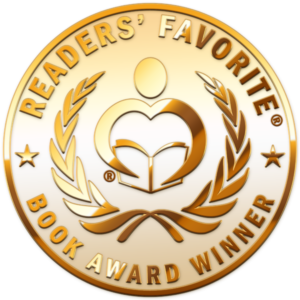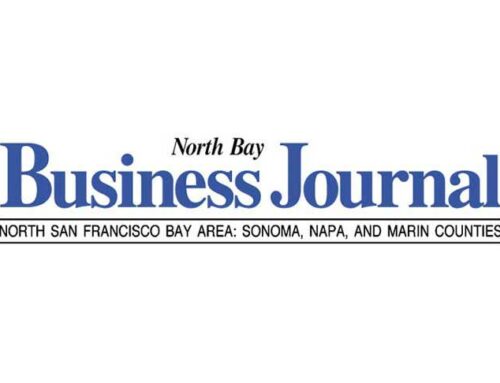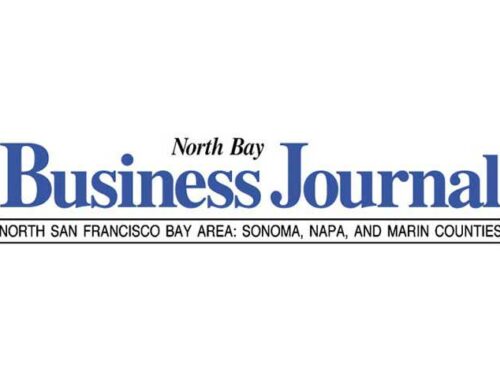North Bay Business Journal
BY GLORIA DUNN VIOLIN
Where did we get the idea that baby boomers and millennials can’t build good work relationships with each other?
Why do we get caught up reinforcing this belief by using negative jargon that keeps us from finding good work partners, and limits our ability to achieve a successful business result? So what if the generations like to achieve outcomes differently? Millennials like to learn independently by using the internet. Older adults prefer more traditional workshops. Great! Both are still learning!
The experts agree that age differences can be challenging, but they are also rewarding.
“The concerns and needs of an aging employee are often much different than that of a millennial fresh out of college,” states Rajeev Behera, chief executive of Reflektive, in an article by Karen Higginbottom in Forbes magazine. “Stereotypes of each generation aside, ultimately employees want the same thing — to be engaged at work and to have a good manager who acts as a coach and helps them achieve their specific career goals.”
Generational differences offer all age groups the opportunity to learn new and better ways to work. Senior employees have gained experience in their professions and industries, and can share this wealth of knowledge with developing professionals. The older generation has also learned that taking risks and making mistakes are good learning tools. When efforts don’t jell, the seasoned worker looks for new ways to accomplish goals. This stretch helps improve the odds of succeeding in the future. What a powerful lesson to share with younger employees.
Younger generations have grown up with technology. They understand how to use the latest tools, and their knowledge and skill gives them a lot to offer their older colleagues. They also demonstrate performing work that is purposeful, integrates with their lives, and provides flexibility. Good lessons for an overly stressed workforce.
As in any good relationship, it’s important to understand each other. That understanding starts when we stop putting people in boxes and learn to embrace differences.
Yes, I am on a soapbox, because I see so much waste and stress caused by our misperceptions of the people who work with us. Each generation absorbs ageist beliefs from societal influences. These imposed ideas are not productive for developing good work relationships or for getting the job done.
Let’s give each generation credit for who they are and what they’ve learned. Let’s recognize that everyone is adjusting to a different society than the one they grew up in.
At the same time, “To understand both changes to the workforce and changing attitudes toward work, don’t watch young people. Watch their parents (and uncles, aunts, and grandparents),” writes Derek Thompson in The Atlantic magazine (“Older Americans Are More Millennial Than Millennials,” May 25, 2017). “As older employees extend their working years, sometimes by choice and sometimes by necessity, it’s older Americans who are quietly adopting one of the most important trends in the workforce in the last decade — the rise of ‘alternative work arrangements,’ like freelancing or part-time work. Workers between 55 and 75 years old are 70 percent more likely to be in such alternative arrangements than 25-54 year-olds, according to economist Jed Kolko.”
Perhaps before we make assumptions about others, we should get to know them. Remember that our experiences growing up have influenced our thinking, be it right or wrong. If we are not getting the response we want from another person, it is our choice to change our approach, our words, and our minds.
If your goal is to have an environment that works without stress and negativity, and if you can adopt and encourage success for everyone despite your differences, your company will be on the list of great places to work. An inclusive work culture is a win-win for employees and employers.
What are you doing to change ageist misperceptions and enjoy the diversity in your workplace?
The New Retirement: A Paradigm Shift (NorthBayBusinessJournal.com/NewRetirement) is a recurring column by Gloria Dunn-Violin (415-259-7090, havingalifenow.com, [email protected]). She is a professional speaker, seminar leader, and business consultant through her company, HAVING A LIFE After Making a Living. She has over 25 years experience in organizational behavior and development as a trainer, facilitator, consultant and coach. She also advises financial, insurance, and other businesses on how to provide their clients and employees with meaningful advice about aging and retirement.





